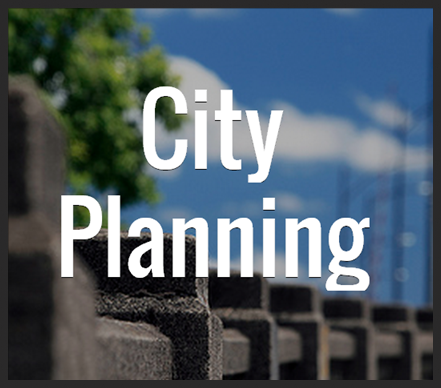To address this issue, the recommendation put forth in the draft discussion of RICAP 6 is for a permitting system to be set up that would allow for short-term rentals of one or two rooms in homes in residential zones. People listing their properties for short-term rentals would be required to obtain a permit from the city and to follow regulations related to things such as the number of allowable meeting and social gatherings, signs, and notification of neighbors.
The issue of short-term rentals is just one example of how city codes and policies have to react to new technologies, business models, and preferences. Just like the city’s built landscape, regulations change over time.
Bob Kellett is the Neighborhood Planning Program Manager at SE Uplift. He can be reached at (503) 232-0010 ext. 314 or bob@southeastuplift.org
